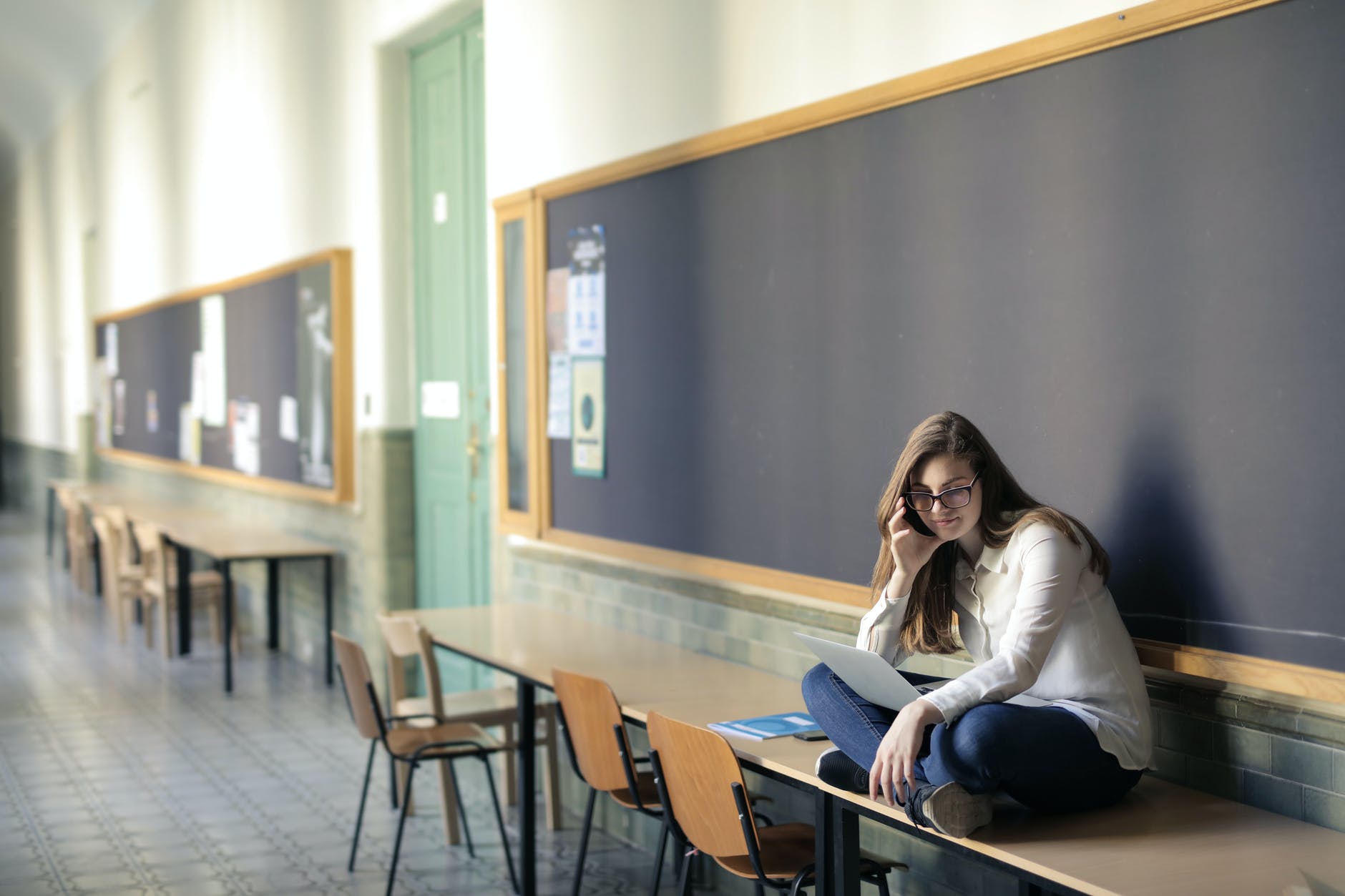
The coronavirus crisis has hit college students hard. More than half of them can no longer afford their tuition, according to a new survey.
Findings showed that 56% of college students admit they can no longer resume their education. The OneClass survey asked more than 10,000 current freshmen, sophomores and juniors from 200-plus colleges and universities in the US.
Half of all undergraduates said they must find a way to pay their tuition. Their financial standing has been hit by the coronavirus crisis, the report found.
Moreover, the survey showed that nearly 7% of students have had to unenroll to apply for jobs or seek alternative education options.
Around 40% of parents have already used their college fund to pay for expenses due to economic damages brought by the coronavirus pandemic, according to another survey by LendingTree.
Dramatic market swings affected college savings account balances. Total 529-plan assets dropped to $293 billion in March after getting an all-time high of $328 billion in December, according to Morningstar.
A NitroCollege.com survey of high school seniors going to college in the fall also discovered that 69% of parents and 55% of students said their capacity to pay for school was hit by the pandemic.
Families with another year or two before going to college said they feel better positioned to address the downturn, but still, the borrowing relies on income and savings.
Around one-third, or 33%, of high-school sophomores, juniors and seniors, said that Covid-19 can affect their higher education financing, based on a separate survey by the College Savings Foundation, which investigated over 1,000 students in the US.
Meanwhile, more than half of the respondents said a parent lost a job and will have less saved for college, while 41% expected to have more debt.
Data from the Institute for College Access & Success showed that 7 in 10 college seniors graduate in the red, with a debt of $30,000 each.
A new NerdWallet analysis of data from the National Center for Education Statistics revealed taht a 2020 high school graduate may accumulate $37,200 in loans in pursuit of a degree at a public college or university.
“The Covid health crisis is causing many young people to change and adapt their plans,” said Vivian Tsai, chair of the College Savings Foundation. Around 39% of the high school graduating class of 2020 believe that decisions about their college education will be affected by economic uncertainty brought by Covid-19.
Data showed that 36% now plan on going to a community college to save on costs, an increase from 28% pre-pandemic and 15% will attend a public rather than a private college. Another 27% will take a gap year to recover financially.
In addition, 55% of the students admitted that the coronavirus pandemic would affect the rest of their lives.
Economic recovery
The International Monetary Fund (IMF) said that the global economy may not recover from the coronavirus outbreak next year.
It is highly unlikely that the global economic activity, which has been slowed down by the coronavirus pandemic, would fully recover even by the end of 2021, said Gita Gopinath, chief economist at the IMF.
IMF downgraded its economic predictions. The fund suggests that the global economy will plunge by 3% this year before recuperating by 5.8% next year. Gopinath describes this rebound as a “partial recovery.”
“We have a recovery projected for 2021 of 5.8% growth, but that is a partial recovery,” Gopinath told CNBC’s “Squawk Box Asia” on Friday.
“So even by the end of 2021, we’re expecting level of economic activity to be below what we had projected before the virus,” she noted.






